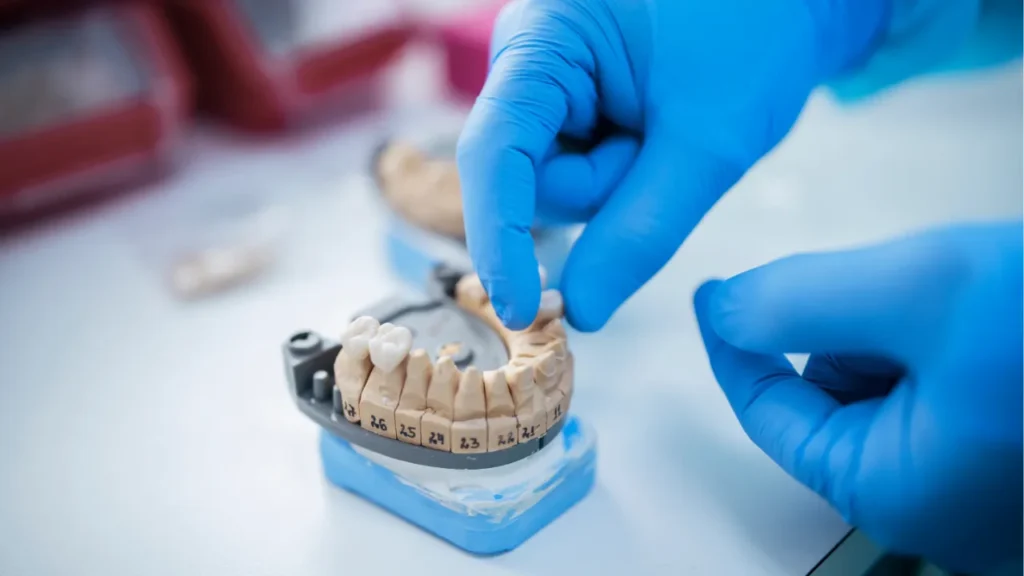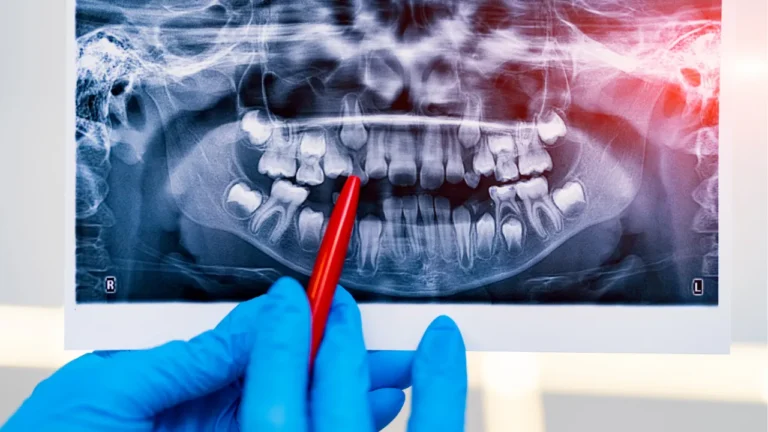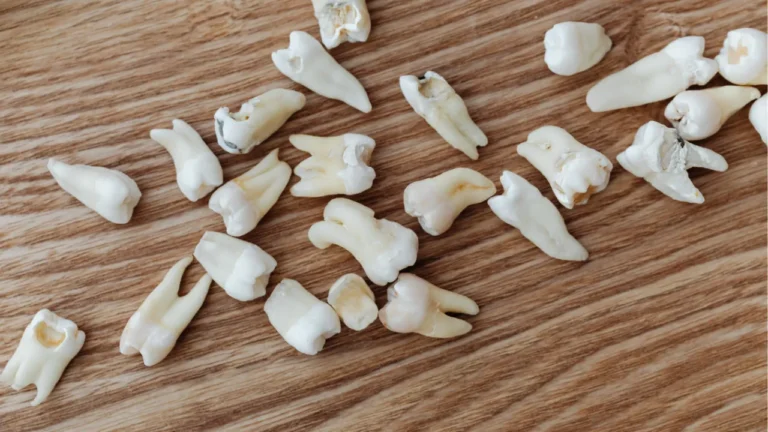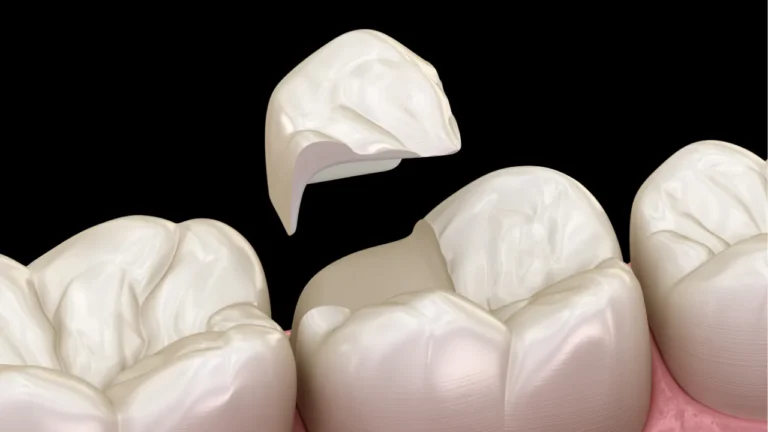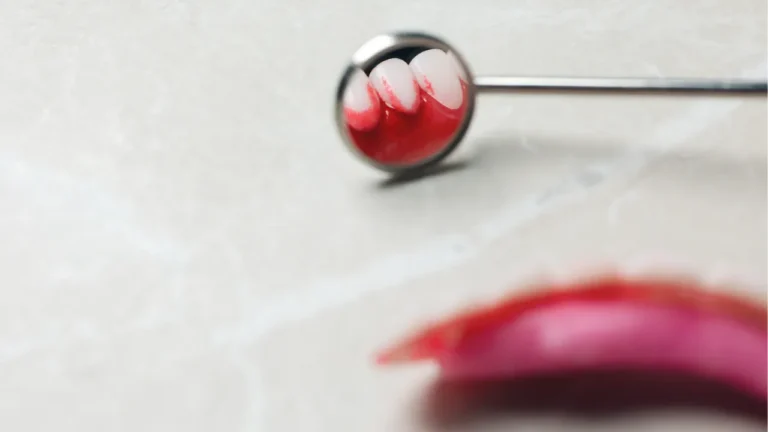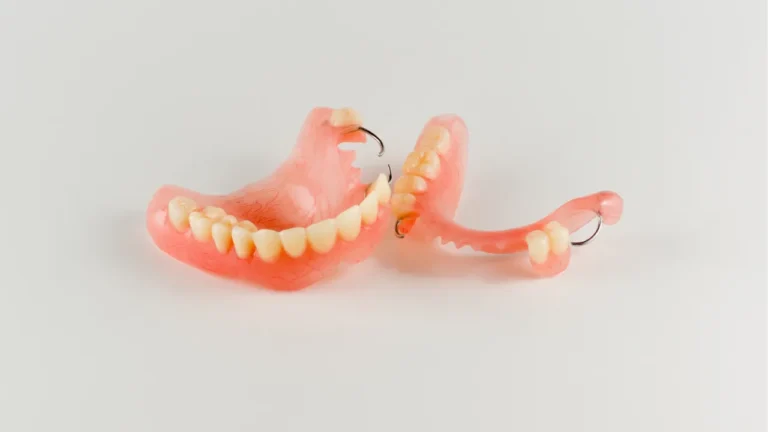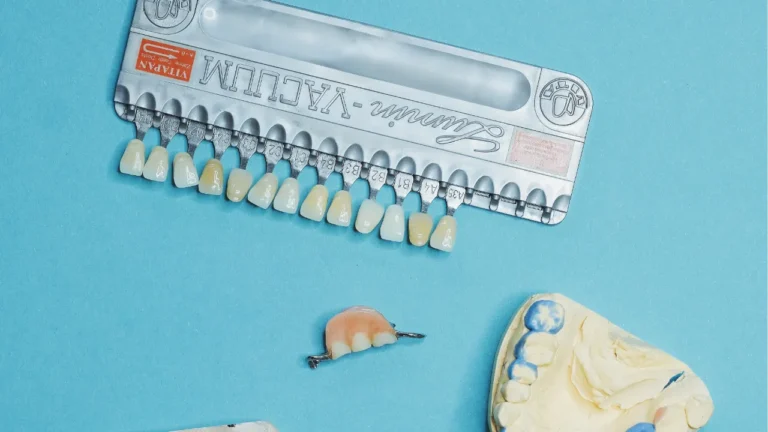Dental work like fillings, crowns, and bridges aren’t meant to last forever. Over time, even the most durable dental restorations can wear down, loosen, or become damaged — putting your oral health at risk.
Short Summary
- Why dental restorations eventually fail
- How different types of dental work age over time
- Typical replacement timelines for each type
- Common warning signs that repairs or replacements are needed
- Why timely replacement can save teeth, money, and discomfort
Why Dental Work Doesn’t Last Forever
Dental materials are strong, but they still face daily wear and tear from:
- Chewing and grinding
- Changes in temperature (hot drinks, cold foods)
- Natural ageing of the materials
- Bacteria build-up at the edges of restorations
Over time, these factors can lead to cracks, leakage, decay under the restoration, or discomfort.
Types of Dental Work That May Need Replacing
1. Fillings
Silver (amalgam) or tooth-coloured (composite) fillings may:
- Crack or chip
- Pull away from the tooth
- Allow bacteria to seep underneath
When to replace: Typically every 5–15 years, depending on the material and wear.
2. Crowns
Crowns cover damaged or weakened teeth, but they can become:
- Loose or cracked
- Worn down at the edges
- Discoloured or uncomfortable
When to replace: Usually every 10–15 years, or if signs of damage appear.
3. Bridges
Bridges restore gaps caused by missing teeth, but can shift or decay at the anchor teeth.
When to replace: Around 10 years or sooner if stability is compromised.
4. Dentures
Over time, dentures may lose their fit due to changes in your gums or jaw.
When to replace: Every 5–8 years, or if you experience discomfort or difficulty chewing.
5. Dental Implants
Implants are long-lasting, but the crown or prosthetic attached to them might need replacement.
When to replace: Implant crowns often last 10–15 years, depending on material and maintenance.
Warning Signs Your Dental Work May Need Replacing
It’s time to visit your dentist if you notice:
- Pain or sensitivity around a restored tooth
- A visible crack or chip in the filling or crown
- Looseness or shifting of the dental appliance
- Dark spots or staining near a filling
- Difficulty biting or chewing
- Bad breath that doesn’t go away
Even if there are no symptoms, it’s still important to have dental work checked regularly during routine appointments.
Why Timely Replacement Is Important
Replacing old or failing dental work can help:
- Prevent infections and decay from spreading
- Restore full function and comfort
- Improve the appearance of your smile
- Avoid more costly and complex procedures later on
Delaying treatment might allow minor issues to turn into major dental problems — like root canals, tooth loss, or jawbone damage.
Conclusion
At Every Smile Dentistry, we use advanced materials and techniques to create long-lasting, natural-looking restorations.
During your check-up, we’ll examine your existing dental work to ensure it’s still protecting your teeth effectively.

